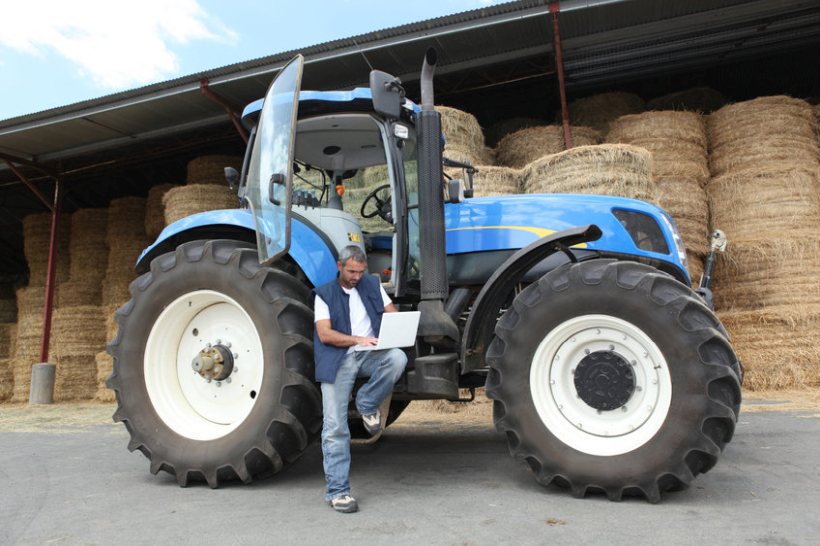Covid-19 'the tip of the iceberg' for farmers' mental health

Farmers' mental health was already at a critical point prior to the pandemic, which only widened existing cracks in support, according to new research.
While Covid-19 led to worsening mental health among farmers, those surveyed as part of the study said that they were already struggling prior to the pandemic.
Incoming changes to the basic payment system to support farmers following Brexit were a major factor for worsening mental health, alongside issues such as isolation, bureaucracy, and climate.
MPs and farm leaders heard today about results from the Landscapes of Support for Farming Mental Health project, funded by the Economic and Social Research Council (ESRC), in response to the pandemic and the impact it had on farmers.
Neil Parish MP, chair or the Environment, Food and Rural Affairs Select Committee (EFRA), attended the presentation of the research. He said farmers often faced stress caused by isolation, insecure incomes and unpredictable weather.
“My parliamentary committee has launched an inquiry into rural mental health and I’m hoping we’ll learn valuable lessons from the ‘Landscapes’ project.
“Expert research into this issue from the team and others will help inform the recommendations we’ll eventually make to government about how its support to rural communities on mental health matters can be improved.”
Dr David Rose, Associate Professor of Agri Innovation at the University of Reading led the research. He explained that Covid had a 'profound effect' on the UK agricultural community.
One of the biggest impacts was the widening of already existing cracks between farmers and their support networks, he said, which exacerbated poor mental health that many were already experiencing.
“Covid itself was just the tip of the iceberg, with the biggest change to agriculture as a result of Brexit beginning in January 2021," Dr Rose added.
"Against the backdrop of huge regulatory change, the first wave of the global pandemic was especially hard on farmers with the driest spring on record, the removal of formal and informal support networks and major shifts in patterns of consumption and demand.”
Charities, trade and governmental bodies normally play an important role in supporting farmers, but the new research, published on Wednesday (16 February), highlighted how usual touch points for those services and informal help were unavailable.
It identified how the wide range of formal and informal sources of support are usually available for farmers, noting that formal support channels are often signposted by peers, friends, and roles such as vets or merchants.
But the numerous UK-wide charities and organisations that support farmer welfare suffered major losses in income during the pandemic, affecting their services.
Due to particular demands that agricultural communities face, researchers recommend mental health first aiders to urgently train up, so they can provide signposting and support for farmers.
Furthermore, the shift to online provision for many support services and charities makes the digital divide on broadband access more urgent to ensure that provision can reach farmers, the study said.
Dr Caroline Nye, research fellow at University of Exeter's Centre for Rural Policy Research, said the challenges currently faced by farmers continued to put pressure on their business, resources, and health.
“Formal support systems for the agricultural community have long played a vital role towards maintaining not only business resilience but also personal wellbeing.
“It is important to understand how farmers might best be supported into the future, and how support organisations’ sustainability is impacted by major crises like Covid.”








